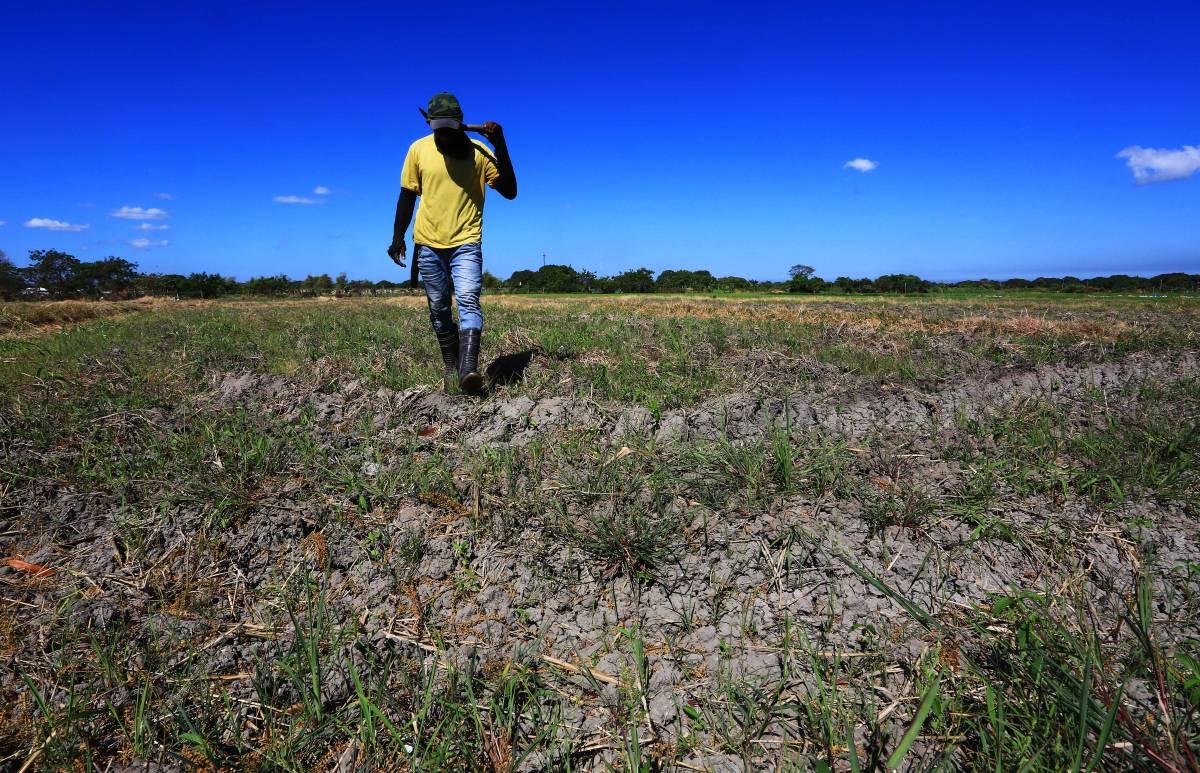The recent El Niño phenomenon has led to rising temperatures in the Philippines, resulting in significant damage to the agricultural sector. The National Disaster Risk Reduction and Management Council (NDRRMC) estimates that the losses have exceeded P1 billion. This devastating impact has affected various regions across the country.
According to the NDRRMC, the worst-hit areas include Western Visayas, Mimaropa, Ilocos region, Calabarzon, and Zamboanga. The estimated damages in these regions are as follows: Western Visayas (P678,705,381.73), Mimaropa (P319,755,957), Ilocos region (P54,450,077), Calabarzon (P2,750,947), and Zamboanga (P717,527). The total cost of the damage has reached P1,056,379,891.26, according to the NDRRMC.
The prevailing drought and dry spells caused by El Niño have particularly affected rice and corn production. Farmers and other agricultural workers are now concerned about the upcoming planting season due to the predicted abnormal rainfall patterns. These uncertain weather conditions pose a significant challenge to the agricultural sector.
In response to the crisis, the Philippine Air Force (PAF) and the Department of Agriculture (DA) have initiated cloud seeding operations in Northern Luzon, the Visayas Region, and Calabarzon. The PAF, using a civilian Piper Navajo aircraft, has successfully dispersed over 800 kilograms of sodium chloride onto cloud formations in Southern Cagayan and Northern Isabela. The aim of these cloud seeding operations is to supplement crop water needs during periods of low rainfall.
It is worth noting that cloud seeding is a technique used to stimulate precipitation by introducing substances into the clouds. In this case, sodium chloride is being used to encourage the formation of rain. The success of these operations is crucial in ensuring that the agricultural sector receives the necessary water supply to sustain crop growth.
The impact of El Niño on the agricultural sector is significant, with approximately 23,086 farmers and fisherfolk affected in the country. Furthermore, around 17,781.11 hectares of crops have been negatively impacted by the prolonged dry spell. The consequences of these losses extend beyond the immediate financial impact, affecting the livelihoods of many individuals and communities.
Efforts to mitigate the effects of El Niño and support affected farmers and fisherfolk are ongoing. The government, along with various agencies, continues to monitor the situation closely and provide assistance where needed. It is crucial to ensure that the agricultural sector receives the necessary support to recover from the damage caused by El Niño and to sustain food production in the country.
As the Philippines faces the challenges brought about by El Niño, it is essential to prioritize sustainable agricultural practices and explore alternative methods to mitigate the impact of climate change on the sector. By investing in resilient farming techniques and implementing measures to adapt to changing weather patterns, the country can build a more resilient agricultural sector that can withstand future climate-related challenges.







